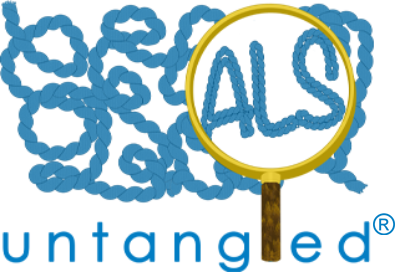Acupuncture
Acupuncture is reasonably safe, and has potential mechanisms of action, pre-clinical studies and case reports suggesting that it could be a useful treatment for ALS. However, before it can be endorsed even as a candidate for a phase II trial, the studies described above need to be independently replicated using more clearly verified diagnoses and […]
Fecal Transplants
There is rapidly expanding evidence implicating alterations in the fecal microbiome in wide-ranging human diseases, including potential contributions via a gut-brain signaling axis in neurodegenerative and neuroimmunologic disorders. Proposed mechanisms such as immune modulation and the production of neurotoxins by clostridia or other microbiota could bypass an intact blood-brain barrier. To date, there are no […]
